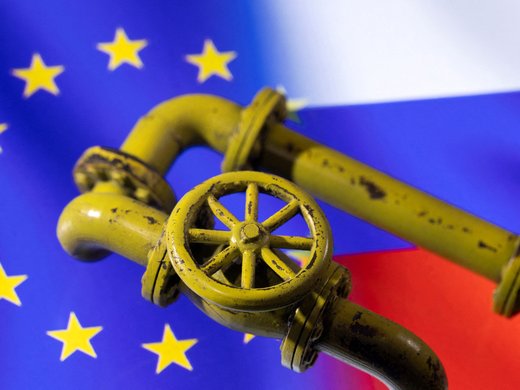Foreword by Abraham F. Lowenthal
In this book, some of the world’s leading Latin Americanists explore the ways in which the region has re-engaged globalization. What is the relationship of China and India with Latin America? Has increased international political cooperation among Latin nations changed their foreign policy towards other regions and on specific issue areas, such as election monitoring and the ongoing dilemma in Haiti? How have the different “Lefts,” as exemplified by the governments of Chávez and Lula, shaped the region? What is the outlook of new entities such as UNASUR, the South American Union of Nations, and how have old entities such as the Organization of American States fared?
At a time when a new administration in the United States is shifting gears in foreign policy, and the global crisis is leading many to question the very survival of capitalism as we have known it, Latin America is especially well-positioned to make the most of this new international conjuncture. This book provides a sharp, up-to-date analysis of the new sources of political power and allegiances in the region today.
"Here is an accessible compilation of 17 lively essays by senior international relations theorists that describe how Latin American nations-ever more democratic, divided, and assertive-are interacting with one another and with the fast-changing global system. Thomas Legler offers a compelling description of the powerful and polarizing 'Chavez effect' on the region's multilateral institutions and ideological discourse..." Read more...
—Richard Feinberg, Foreign Affairs
“Which Way Latin America? offers a fresh perspective on an old question that has yielded, up to now, tired answers. The authors survey the new landscape of more inclusive democracies and more independent foreign policies. The Obama Administration ought to read this to chart a new approach to the region.”
—Robert Pastor, Professor of International Relations, American University, and former US National Security Advisor for Latin America (1977-1981)
“In a book that is timely, comprehensive, and insightful, Cooper, Heine, and their colleagues sharpen the ‘big picture’ of international relations in the Americas while examining key countries, large and small, in Latin America and the Caribbean. The authors present their thoughtful and informative analysis on salient topics, such as multilateral institutions, China and India, energy, Chávez, democracy and partisanship, and point the way to the future.”
—Jorge I. Domínguez, Antonio Madero Professor of Mexican and Latin American Politics and Economics, Harvard University
“Rather than carving out a structure of challenges facing Latin America and recruiting experts to write chapters keyed to each challenge, Cooper and Heine invited 15 scholars on the United States and Latin America to reflect on how recent developments anticipate the path Latin America will take during the twenty-first century. As a result of their eclectic recruitment strategy, the book reads as a rich—albeit incomplete (and perhaps not even representative)—sample of relevant challenges in the continuing path toward globalization.” Read More...
—Patricio Navia of New York University, writing in Americas Quarterly
“This is a wide-ranging, systematically organised, and highly informative collection on a continent that stands on the threshold of a new era … it is accessibly written throughout and contains excellent political and economic detail. It will be a valuable guide for academics, research students, and journalists as well as the increasing number of Indian public and private bodies, which have dealings with Latin America. Above all, it contributes to the ways in which the world can learn from that continent.” Read More…
—Arvind Sivaramakrishnan, The Hindu


